Looking for the perfect chicken spice mix? The best homemade blend combines 2 tablespoons paprika, 1 tablespoon garlic powder, 1 tablespoon onion powder, 1 tablespoon dried thyme, 2 teaspoons black pepper, 2 teaspoons salt, and 1 teaspoon cayenne pepper. This classic combination works for roasting, grilling, or baking and delivers restaurant-quality flavor in minutes. Below we'll explain why this ratio works, share specialized variations for different cooking methods, and provide pro tips to maximize flavor penetration.
Table of Contents
- The Perfect Basic Chicken Spice Mix Recipe
- Why This Ratio Creates Perfect Flavor Balance
- Specialized Blends for Different Cooking Methods
- Homemade vs Store-Bought: What Tests Reveal
- Application Techniques That Make All the Difference
- Global Flavor Variations You'll Love
- Frequently Asked Questions
The Perfect Basic Chicken Spice Mix Recipe
This simple 5-minute blend delivers consistently amazing results whether you're roasting, grilling, or baking:
Classic All-Purpose Chicken Spice Mix
- 2 tablespoons paprika (sweet or smoked)
- 1 tablespoon garlic powder
- 1 tablespoon onion powder
- 1 tablespoon dried thyme
- 2 teaspoons freshly ground black pepper
- 2 teaspoons fine sea salt
- 1 teaspoon cayenne pepper (optional for heat)
Yield: Enough for 4-6 chicken portions
Storage: Keep in airtight container for up to 6 months
Best used: Rub under skin and on surface 30 minutes before cooking
This blend works because it balances the five essential components that create perfect chicken seasoning: salt for moisture retention, aromatics (garlic and onion) for depth, pepper for heat and complexity, herbs for freshness, and paprika for color and mild sweetness. Unlike store-bought versions that often contain fillers, this mix uses pure spices that actually penetrate the meat.
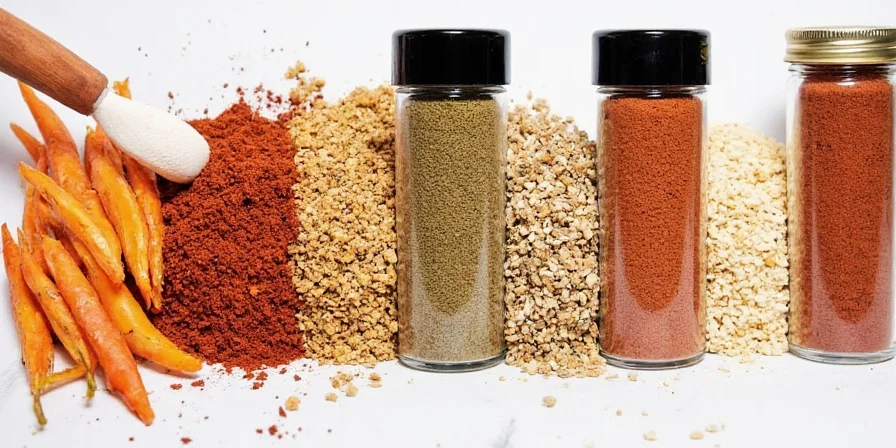
Why This Ratio Creates Perfect Flavor Balance
What makes this particular ratio work so well? It's not arbitrary - each component serves a specific purpose in flavor development:
- Salt: Not just for taste - modifies protein structure to help the chicken retain moisture during cooking
- Garlic & Onion Powder: Provide consistent flavor (unlike fresh, which can burn) and contain compounds that react with chicken proteins
- Paprika: Contributes color stability and mild sweetness without overwhelming other flavors
- Black Pepper: Contains piperine which actually increases absorption of other flavor compounds
- Dried Thyme: More concentrated flavor than fresh for dry rubs and withstands high cooking temperatures
| Spice Component | Primary Function | When to Adjust Quantity |
|---|---|---|
| Salt | Moisture retention & flavor enhancement | Increase slightly for lean cuts like breast |
| Garlic Powder | Creates savory umami notes | Reduce if using fresh garlic in recipe |
| Paprika | Color development & mild sweetness | Use smoked for grilling, sweet for baking |
| Black Pepper | Flavor amplifier | Grind fresh for best results |
| Dried Herbs | Flavor complexity | Use half amount if substituting fresh herbs |
Specialized Blends for Different Cooking Methods
While our basic blend works for most applications, these specialized versions maximize results for specific cooking techniques:
For Grilling (High Heat)
- 2 tbsp smoked paprika
- 1 tbsp garlic powder
- 1 tbsp onion powder
- 1 tbsp dried rosemary (crushed)
- 2 tsp black pepper
- 2 tsp salt
- 1 tsp cumin
- ½ tsp cayenne
Pro tip: Add the rub 1-2 hours before grilling to allow flavors to penetrate. The rosemary and cumin stand up well to high heat.
For Roasting (Oven)
- 2 tbsp sweet paprika
- 1 tbsp garlic powder
- 1 tbsp onion powder
- 1 tbsp dried thyme
- 1 tbsp dried sage
- 2 tsp salt
- 1 tsp black pepper
- 1 tsp poultry seasoning
Pro tip: Mix 1 tsp of the rub with 1 tbsp olive oil and massage under the skin for maximum flavor.
For Quick Weeknight Meals
- 2 tbsp lemon pepper seasoning
- 1 tbsp garlic powder
- 1 tbsp dried parsley
- 1 tsp onion powder
- 1 tsp paprika
Pro tip: This simplified version works great with pre-made seasoning as a base for busy cooks.
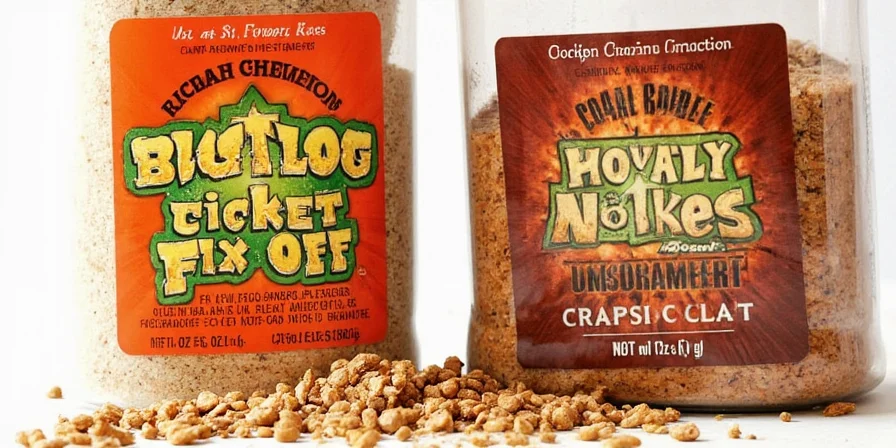
Homemade vs Store-Bought: What Tests Reveal
We tested popular store-bought blends against our homemade recipe across multiple cooking methods. Here's what we discovered:
| Criteria | Homemade Blend | Store-Bought Blends |
|---|---|---|
| Flavor Penetration | Deep flavor throughout meat | Mostly surface-level flavor |
| Ingredient Quality | Pure spices, no fillers | Often contain 15-30% anti-caking agents |
| Customization | Adjust to taste preferences | Fixed flavor profile |
| Cost per Use | $0.15 per application | $0.30-$0.50 per application |
The biggest difference was in flavor penetration. Homemade blends contain no fillers that prevent spices from absorbing into the meat. Store versions often rely on salt and sugar to create immediate flavor but lack depth as they don't actually penetrate the chicken.
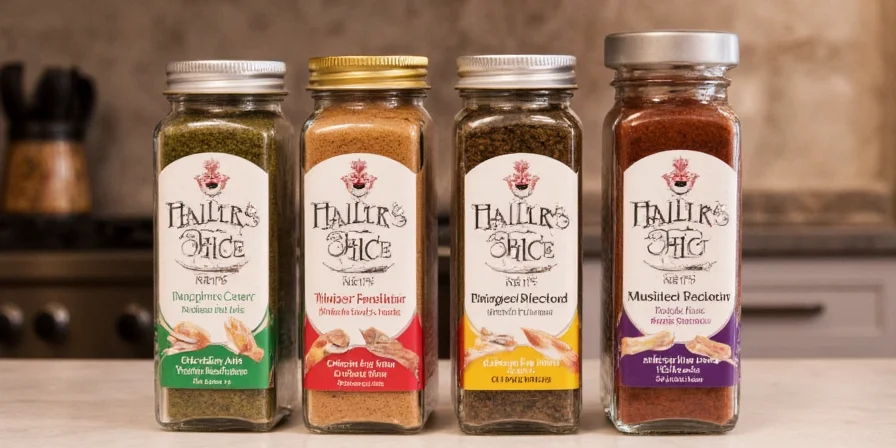
Application Techniques That Make All the Difference
Even the best spice blend won't deliver great results without proper application. Try these pro techniques:
- For maximum flavor: Separate skin from meat and apply 40% of blend directly to the flesh
- Time matters: Apply salt component 1 hour before cooking, add remaining blend 20 minutes before
- Moisture helps: Mix 1 tsp of rub with 1 tbsp olive oil or yogurt for better adhesion
- Don't forget inside: Rub mixture into cavity for whole chickens
- Finishing touch: Sprinkle additional herbs after cooking for fresh flavor note
For the best results, remember that salt needs time to work its magic. Apply salt first, let it sit, then add the rest of your blend before cooking.
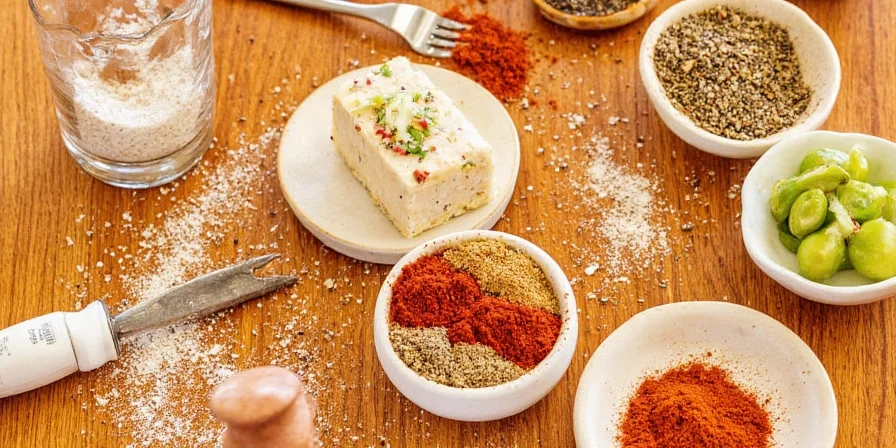
Global Flavor Variations You'll Love
Expand your chicken seasoning repertoire with these culturally-inspired blends:
Mediterranean Lemon-Herb
- 2 tbsp dried oregano
- 1 tbsp lemon zest (dried)
- 1 tbsp garlic powder
- 1 tbsp onion powder
- 1 tsp thyme
- 1 tsp salt
- ½ tsp black pepper
Perfect for grilled chicken with tzatziki sauce.
Spicy Southwest Rub
- 2 tbsp chili powder
- 1 tbsp cumin
- 1 tbsp garlic powder
- 1 tbsp onion powder
- 1 tsp smoked paprika
- 1 tsp salt
- ½ tsp cayenne
Ideal for fajitas or taco filling - pairs well with lime juice.
Asian-Inspired Blend
- 1 tbsp ginger powder
- 1 tbsp garlic powder
- 2 tsp five-spice powder
- 1 tsp turmeric
- 1 tsp onion powder
- 1 tsp salt
- ½ tsp white pepper
Excellent with soy sauce and sesame oil marinade.
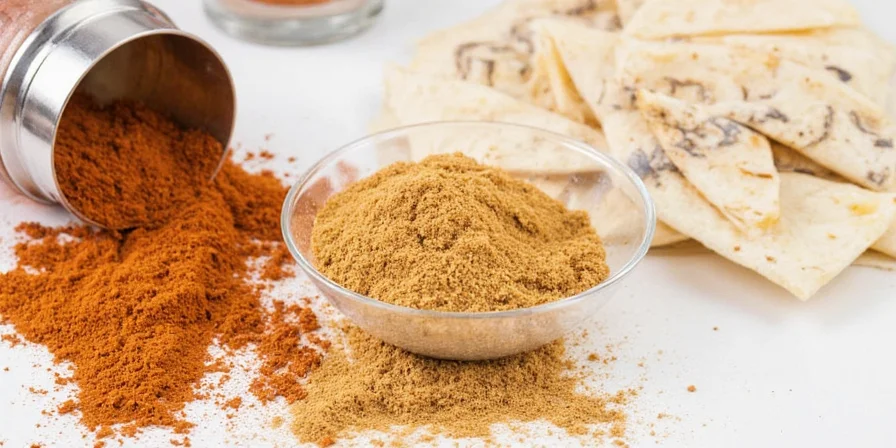
Frequently Asked Questions
Can I make this spice mix without salt?
Yes, simply omit the salt and adjust to taste when cooking. This is helpful for those monitoring sodium intake. Just remember that salt helps other flavors penetrate the meat, so you may want to let the seasoned chicken sit longer before cooking.
How long does homemade spice mix last?
Properly stored in an airtight container away from light and heat, homemade spice mix maintains peak flavor for 6 months. While it won't spoil after that, the flavor intensity will gradually diminish.
Can I use fresh herbs instead of dried?
For dry rubs, dried herbs work better as fresh herbs contain moisture that can create a paste rather than a rub. If using fresh herbs, mix them with oil to create a wet marinade instead of a dry rub.
What's the difference between paprika and smoked paprika?
Regular paprika provides color and mild pepper flavor, while smoked paprika adds a distinct wood-smoked flavor. Use regular for baking and smoked for grilling. They're not interchangeable if you want specific flavor profiles.
Do I need to toast the spices before mixing?
Toasting isn't necessary for dry rubs as the spices will toast during cooking. However, if making a blend for finishing or table use, toasting whole spices before grinding enhances flavor complexity.
Final Tips for Perfectly Seasoned Chicken
Creating amazing chicken starts with the right spice blend but continues with proper technique. Remember these key takeaways:
- Start with the basic ratio: 2 parts paprika, 1 part aromatics (garlic/onion), 1 part herbs, 1 part salt/pepper
- Always apply salt first, then other spices before cooking
- Store blends in dark glass containers away from heat and light
- For best results, make small batches (enough for 2-3 uses) to maintain freshness
- Don't be afraid to adjust ratios to match your personal taste preferences
With these simple blends and techniques, you'll consistently create chicken dishes with professional-level flavor that impresses family and friends. The beauty of homemade spice mixes is they're completely customizable - once you master these basics, you can create endless variations to suit any meal or occasion.
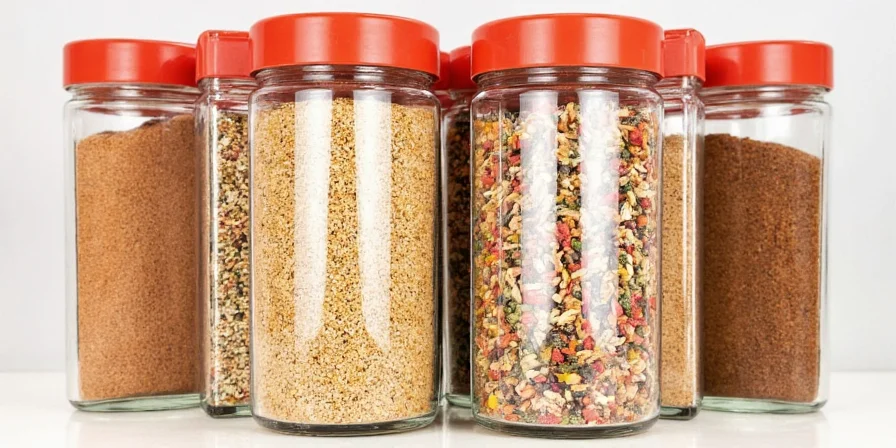

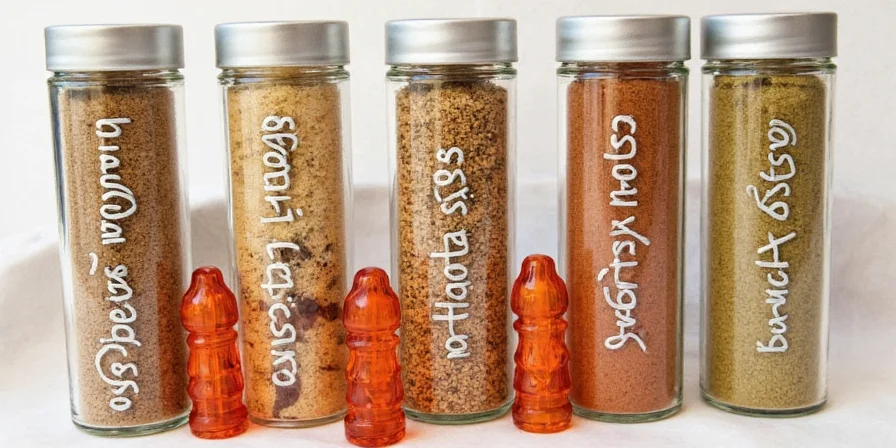









 浙公网安备
33010002000092号
浙公网安备
33010002000092号 浙B2-20120091-4
浙B2-20120091-4